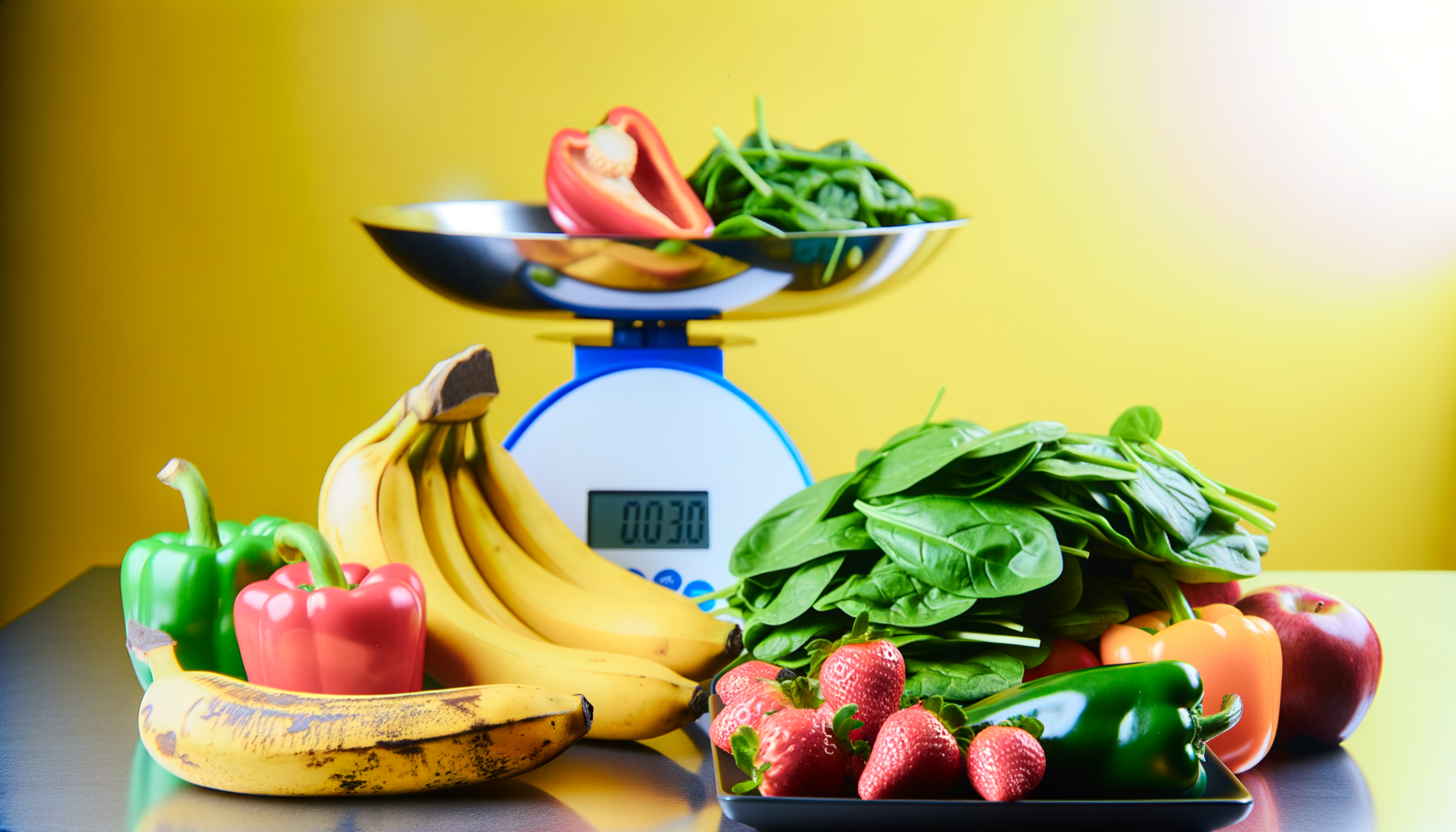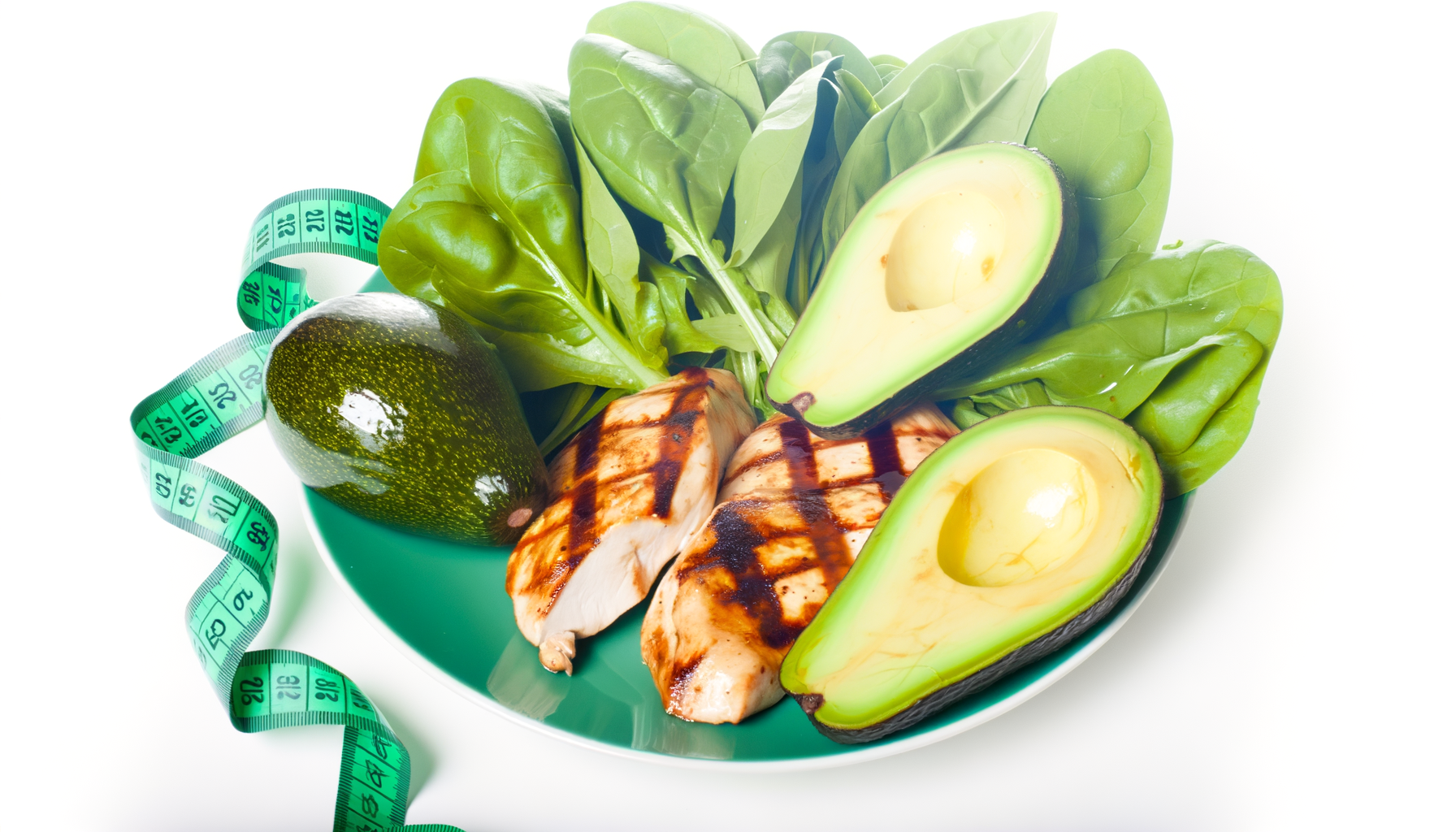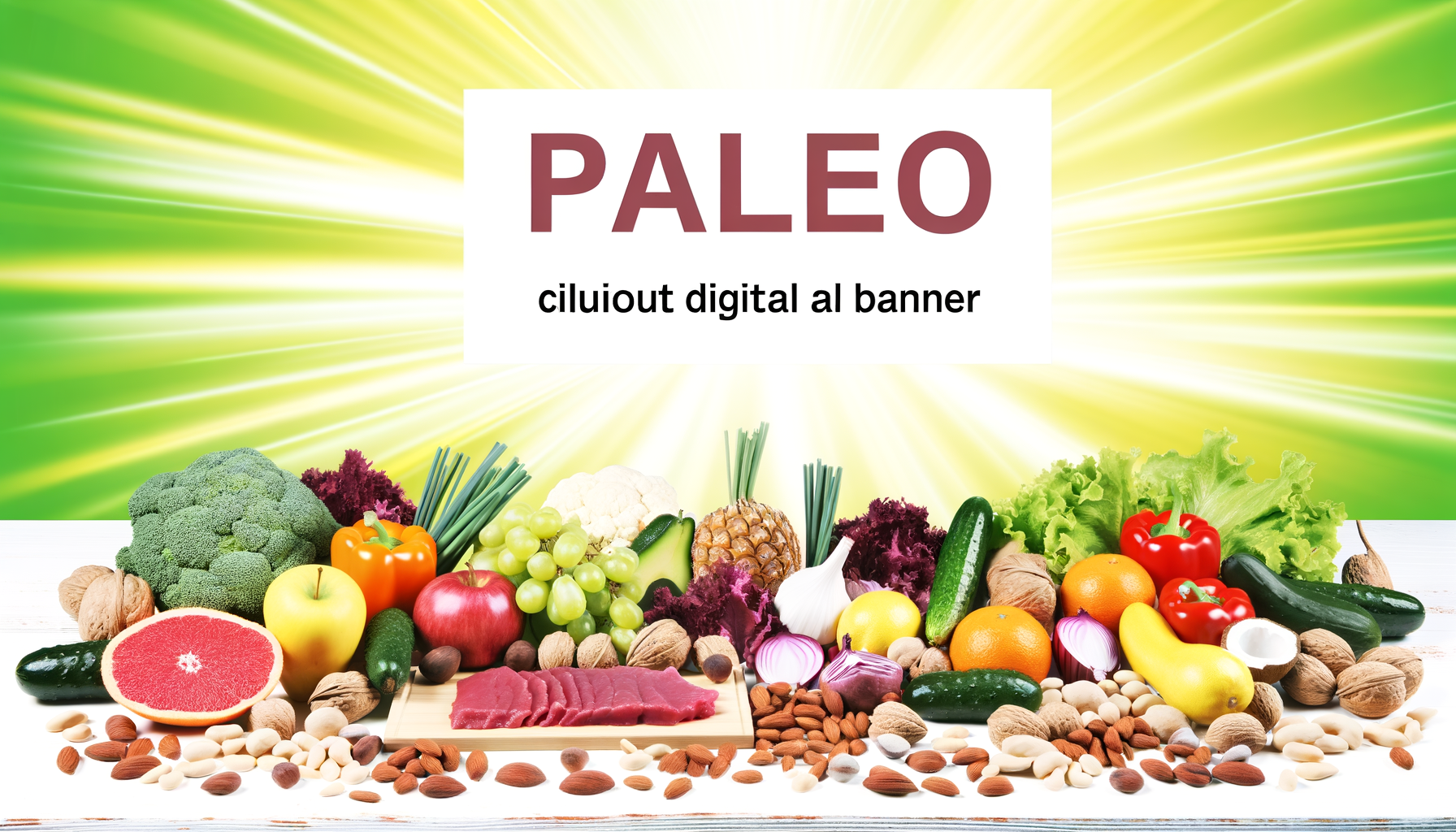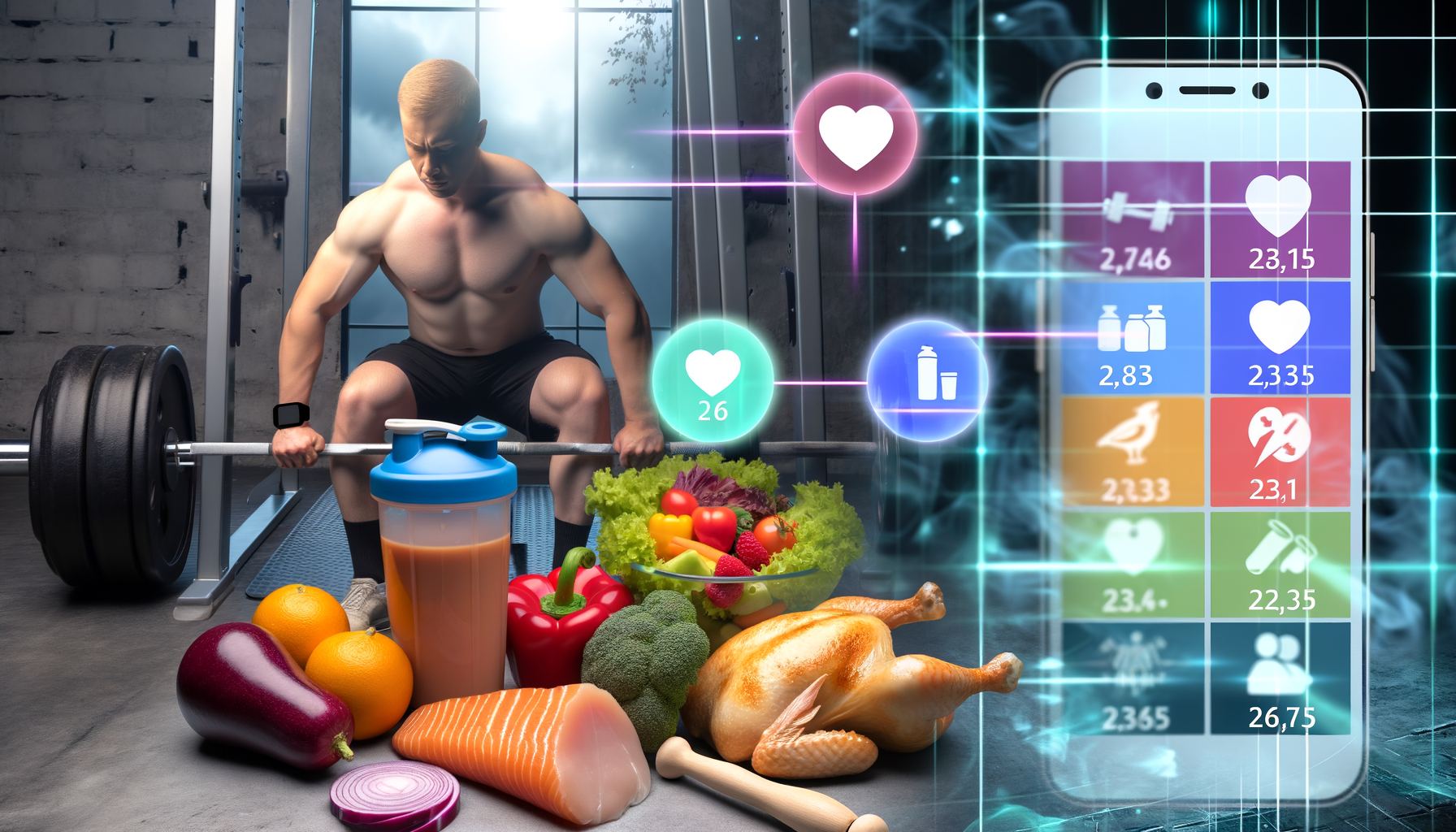Optimizing Cancer Prevention Nutrition with WP Calorie Calculator Pro
Understanding the Role of Nutrition in Cancer Prevention
When it comes to cancer prevention, nutrition plays a crucial role. A well-balanced diet rich in certain foods and nutrients can significantly reduce the risk of developing cancer. Here, we will explore the key components of a cancer-preventive diet and how tools like the WP Calorie Calculator can help in optimizing your nutritional intake.
Cancer-Fighting Foods: The Core of Preventive Nutrition
Vegetables and Fruits
Vegetables and fruits are essential in any cancer-preventive diet. These foods are rich in vitamins, minerals, fiber, and other substances that may help prevent cancer. The American Cancer Society recommends consuming at least 2½ to 3 cups of vegetables and 1½ to 2 cups of fruit each day, depending on your calorie requirements.
Specifically, dark green and orange vegetables, cruciferous vegetables like broccoli and cauliflower, and allium vegetables such as onions and garlic have been linked to a lower risk of cancer. These foods are low in calories and high in fiber, which can help with weight management and reduce overall calorie intake.
Whole Grains and Legumes
Whole grains, which include all parts of the original kernel, offer more fiber and nutrients compared to refined grains. Consuming whole grains has been shown to lower the risk of colorectal cancer and help with weight management.
Legumes, including beans, lentils, and soy products, are rich in protein, fiber, iron, zinc, potassium, and folate. They have a nutrient profile similar to that of vegetables and are excellent sources of protein, making them a valuable addition to a cancer-preventive diet.
Healthy Protein Sources and Fats
Healthy protein sources such as fish, poultry, and legumes should be preferred over processed meats and red meat. Processed meats like hot dogs and deli meat should be limited or avoided entirely due to their link with increased cancer risk.
Unsaturated fats, such as mono- and polyunsaturated fats found in nuts, seeds, and avocados, are beneficial and should be included in your diet. These fats help lower the intake of saturated and trans fats, which are associated with higher cancer risks.
The Impact of Calorie Restriction on Cancer Prevention
Calorie restriction has been studied extensively for its potential in cancer prevention. This dietary regimen involves reducing total energy intake by 20% to 40% compared to an unrestricted diet. Research has shown that calorie restriction can have several beneficial effects:
- Reduced Insulin and IGF-1 Levels: Calorie restriction can inhibit insulin and insulin-like growth factor (IGF) signaling, which are linked to cell growth and proliferation. Lower levels of these hormones may aid in preventing the development and progression of tumors.
- Enhanced Cellular Metabolism: Calorie restriction can improve cellular metabolism, reduce oxidative stress, and limit DNA damage and mutations. This metabolic change can contribute to a lower risk of cancer development.
- Anti-Inflammatory Effects: Calorie restriction has been shown to lower levels of pro-inflammatory cytokines, which can help moderate the inflammatory response and potentially inhibit tumor formation.
Practical Implementation of Calorie Restriction
While the benefits of calorie restriction are promising, it is crucial to implement this regimen under the guidance of healthcare professionals. Tools like the WP Calorie Calculator can help you track your calorie intake accurately, ensuring you are within the recommended range for your health goals.
For example, if you are considering a fasting-mimicking diet, you can use the WP Calorie Calculator to plan your meals during the restricted calorie periods. This diet involves severely restricting calories for short periods, such as eating up to 600 calories on the first day and no more than 300 calories for the next four days, before resuming normal eating habits.
Lifestyle Factors and Nutrition
In addition to dietary choices, other lifestyle factors play a significant role in cancer prevention. Here are some key considerations:
- Alcohol Consumption: Limiting alcohol intake is crucial, as alcohol use is linked to an increased risk of several types of cancer. Reducing alcohol consumption can lower your cancer risk.
- Exercise: Regular physical activity is essential for overall health and can help reduce the risk of certain cancers. Combining a healthy diet with regular exercise can maximize the benefits of preventive nutrition.
- Weight Management: Maintaining a healthy weight is vital. Excess body weight is a known risk factor for several types of cancer. Using tools like the WP Calorie Calculator can help you manage your weight effectively by tracking your calorie intake and ensuring you are meeting your nutritional needs.
Using WP Calorie Calculator for Optimal Nutrition
The WP Calorie Calculator is a powerful tool that can help you optimize your nutrition for cancer prevention. Here’s how you can use it:
- Track Calorie Intake: The calculator allows you to track your daily calorie intake, ensuring you are within the recommended range for your health goals. This is particularly useful if you are considering calorie restriction as part of your preventive strategy.
- Plan Meals: You can plan your meals using the calculator, ensuring you are getting the right balance of nutrients. This includes planning for specific diets like the fasting-mimicking diet.
- Monitor Nutrient Intake: The WP Calorie Calculator helps you monitor your intake of various nutrients, including vitamins, minerals, and fiber. This ensures you are meeting the nutritional guidelines recommended for cancer prevention.
Conclusion and Next Steps
Optimizing your nutrition for cancer prevention involves a comprehensive approach that includes a balanced diet rich in cancer-fighting foods, careful calorie tracking, and other lifestyle adjustments. By using tools like the WP Calorie Calculator, you can ensure you are on the right path.
Summary
- Focus on a diet rich in vegetables, fruits, whole grains, legumes, nuts, and seeds.
- Consider calorie restriction under the guidance of healthcare professionals.
- Use the WP Calorie Calculator to track your calorie and nutrient intake.
- Combine a healthy diet with regular exercise and maintain a healthy weight.
Take Action
Start by incorporating more cancer-fighting foods into your diet and using the WP Calorie Calculator Plans to tailor your nutritional plan. This proactive approach can significantly reduce your risk of developing cancer and improve your overall health.
By making informed dietary choices and leveraging the right tools, you can take a significant step towards a healthier, cancer-preventive lifestyle.











